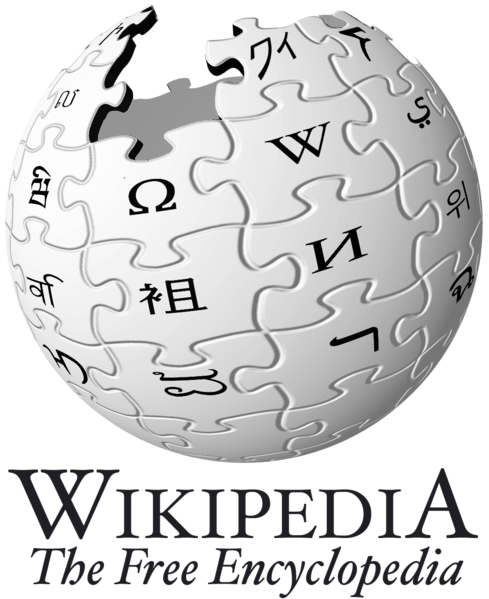Wikipedia and the Multilingual Internet

Wikipedia has confirmed that its first office outside of the USA is to be opened in India. The exact location is yet to be announced but Wikipedia’s co-founder Jimmy Wales reports that it will open in the next few months and will be a staffed by a small team initially of two to four people. This opportunity for both the company and India offers the prospect of a better online transaction between the East and West.
The venture both appeals to the business ambitions of the company and its overall concept to “realise…a world in which every single person can freely share…knowledge”. As it extends its reach beyond America, Wales implies that the company has carefully considered both the corporate and cultural environment it is to expand into. With this criteria it has chosen to select a country from its possible options –including England and Africa- that is currently in a position of growth; it is a location able to offer the technological foundations the company requires, whilst being well placed to benefit from the company’s experience in the online information sharing world.
On a cultural level, Mr Wales is eager to emphasise how he feels the region’s “enthusiasm” and willingness to commit to “free knowledge” make it the ideal place to begin the company’s overseas expansion. Although the company already has 91,000 active contributors and 78 million visitors (per month) worldwide, this initial expansion into a local community is a key step for the company’s globalization plans. By investing in a growth region it can hopefully establish a mutually beneficial relationship that enables the local community to profit from the company’s knowledge and Wikipedia to enrich its own sites’ linguistic and informative parameters.
There are however a few questions with the venture. Firstly, whether Wikipedia targeting a country known for its support of free-knowledge can really be deemed as progressive as them, for example, branching into a country where information is morally prohibited. Although it must be stated that Wikipedia are still approaching a country that has in the past seen oppression. Secondly and leading on from the benefits of the venture, is Wikipedia being overally zealous by stating their convictions of the “general commitment to free knowledge in India”; the government may indeed actively support this ideal but it does remains that a large proportion of the country lives in poverty without access to the internet. Wikipedia will more than likely help the region and locally –wherever they chose to settle- the “community”, yet the current levels of computer usage within the population shouldn’t be ignored.
Overall this venture does move towards the multilingual content that Wikipedia cherishes, but its positivity comes more from the prospect of long-term global development rather than from any short-term information advances in the region. From two to four people in an office could there soon spring the promising collaboration between the East and West that makes Wikipedia the first truly global “free knowledge” website?

Related posts:
